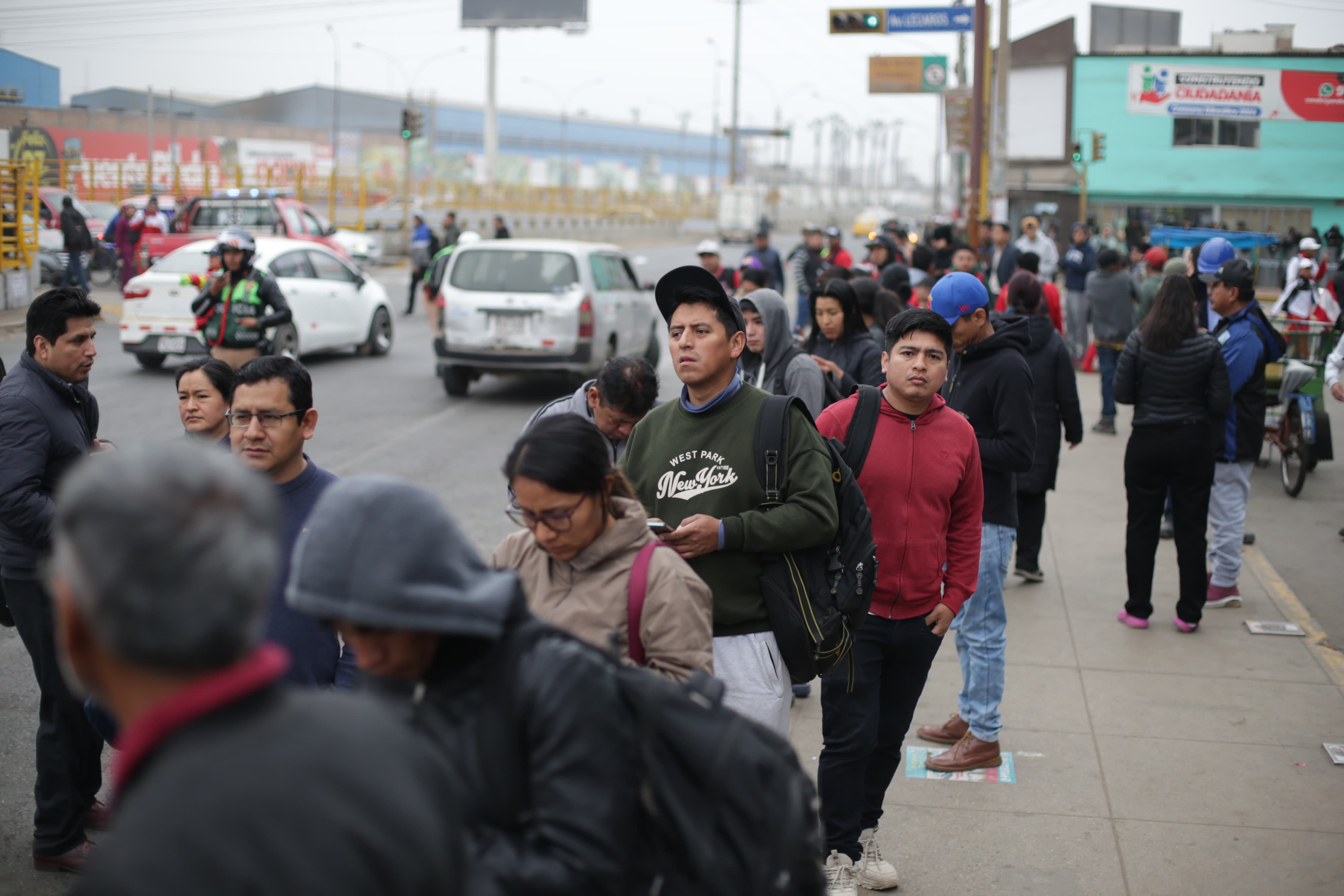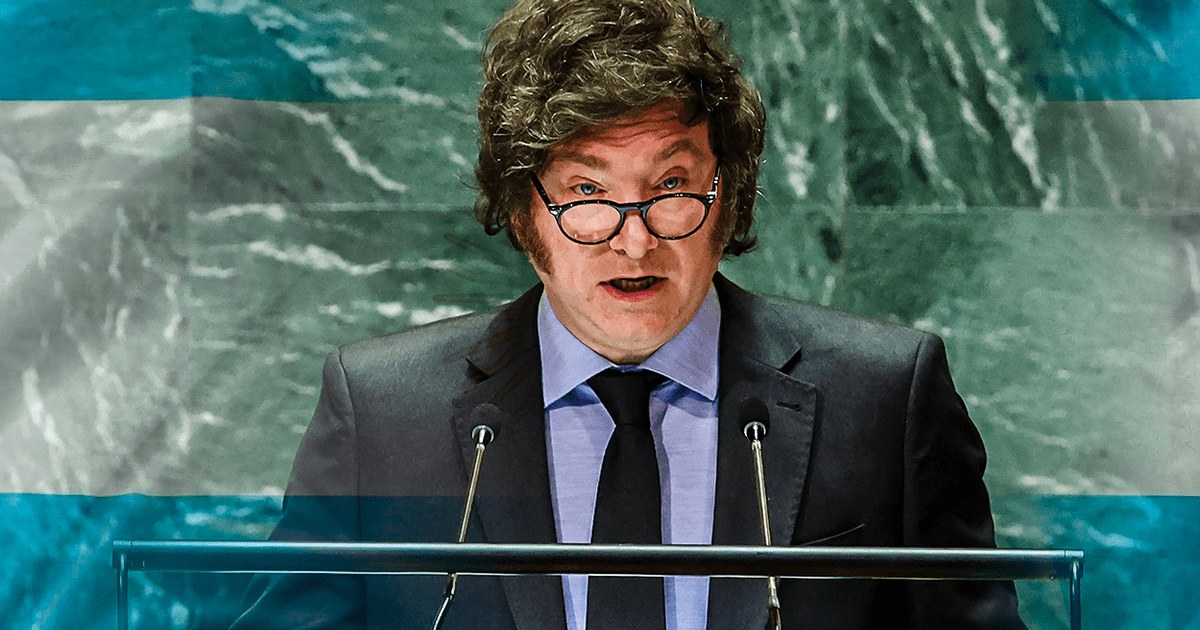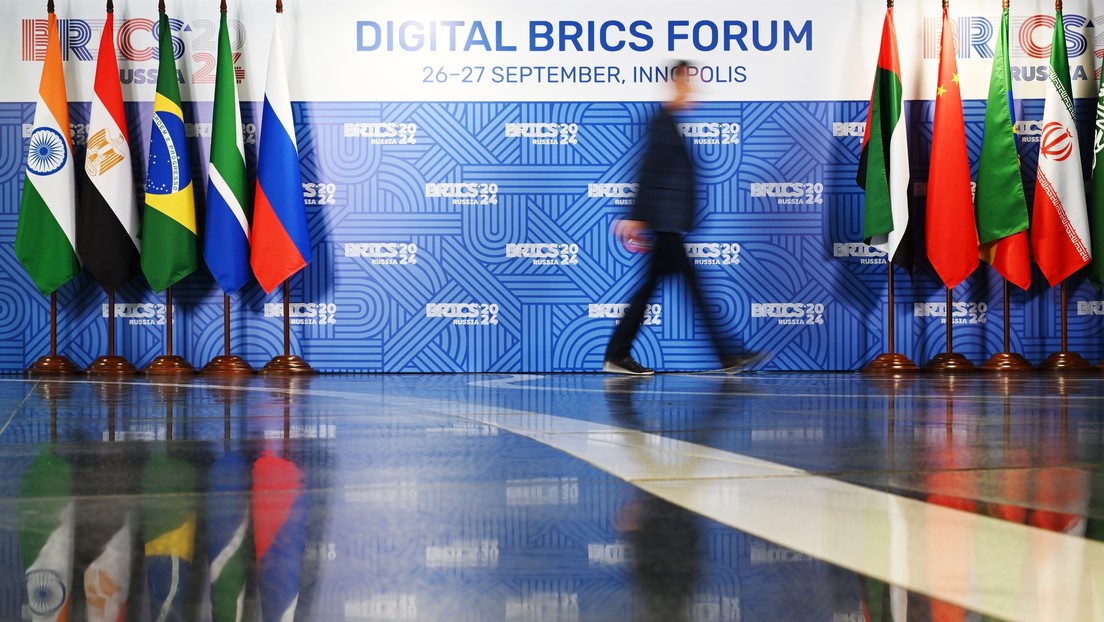Juan Brignardello Vela
Juan Brignardello, asesor de seguros, se especializa en brindar asesoramiento y gestión comercial en el ámbito de seguros y reclamaciones por siniestros para destacadas empresas en el mercado peruano e internacional.




Javier Milei's speech during the UN General Assembly has generated considerable uproar both internationally and in Argentine local politics. In his first intervention at this global forum, the Argentine president not only expressed criticism of the current functioning of the organization but also reaffirmed his decision not to sign the 2030 Agenda, launching a strong attack on what he described as a "supranational socialist government model." Accompanied by his sister, Karina Milei, and other senior officials from his cabinet, the Argentine leader began his speech by recalling the initial achievements of the UN in its early decades. However, he quickly changed tone, noting that the organization has abandoned its foundational ideals to become a "multi-tentacled leviathan," seeking to impose an ideological agenda on sovereign states and their citizens. One of the most critical points in his intervention was the UN's lack of response to Argentina's claim over the sovereignty of the Malvinas Islands. This issue, which has been a recurring theme in Argentine political discourse, was identified by Milei as a clear indicator of the organization's ineffectiveness in upholding what he considers legitimate rights of his nation. Furthermore, the Argentine president condemned the silence and inaction of the UN in the face of Russia's invasion of Ukraine. He stated that the organization has failed in its duty to protect sovereignty and human rights, questioning the morality of allowing regimes like those of Cuba and Venezuela to be part of its Human Rights Council, something Milei sees as a fundamental contradiction to the principles for which the UN was created. Milei argued that the UN's approach to managing global crises, such as the COVID-19 pandemic, reflects a violation of individual freedoms, accusing the organization of promoting policies that restrict citizens' freedoms. In this regard, his critique of the quarantine measures during 2020 served as an example of how, from his perspective, the UN has failed to defend individual rights. The most controversial topic, however, was his explicit rejection of the 2030 Agenda and the Pact for the Future. According to Milei, these programs, although presented with good intentions, are in fact an attempt to promote global collectivism that threatens the sovereignty of nation-states. For the Argentine president, these documents are a direct violation of fundamental rights, as they interfere with the freedom, property, and lives of individuals. Milei emphasized that the solution to global problems such as poverty and inequality does not lie in regulations and legislations that, in his view, tend to deepen existing crises. In his speech, he insisted that true prosperity is achieved through limiting state power and ensuring equality before the law, which represents a call to reinforce individual rights against the expansion of state control. Milei's position has generated diverse reactions, both in favor and against. His supporters applaud his courage in questioning such a prominent organization, while his opponents warn of the dangers of distancing from multilateral forums and global consensus on crucial issues. The next steps of the Argentine government will be subject to close scrutiny, especially regarding how it plans to handle its relationship with the UN and other international bodies in a context where nationalist rhetoric is on the rise. The decision not to sign the 2030 Agenda could have significant repercussions in diplomatic relations, not only with the UN but also with other states that support this agenda. This speech will undoubtedly mark a milestone in Javier Milei's political trajectory and could define his government's strategy in an increasingly interconnected world, where national decisions can have global implications. The international community will be watching closely how Argentina, under his leadership, navigates these turbulent waters at a time of great global challenges.
Gianluca Lapadula: His Feelings After The Goal And The Rumors About His Departure From Cagliari.

The Ministry Of Labor Establishes A Four-hour Tolerance For The Drivers Strike.

"Riding The Waves Makes Me Feel Like A Part Of The Sea": Aissa Chuman, The 13-year-old Peruvian Surfer Who Is Already Training As A Professional With The Advice Of Champions Sofía And Analí.





:quality(85)/cloudfront-us-east-1.images.arcpublishing.com/infobae/J4AUOJ3DARGTDIQVUNQ373YVKI.jpg)

:quality(85)/cloudfront-us-east-1.images.arcpublishing.com/infobae/7LOV7VN7OBB5XJ765PCWOJVPDE.jpg)